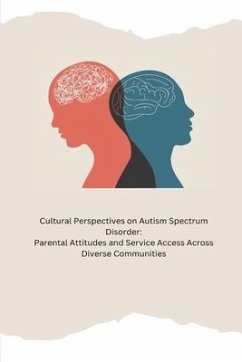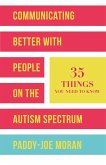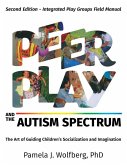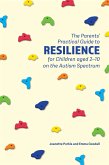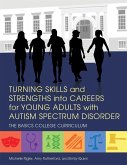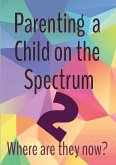Prevalence rates for autism spectrum disorder (ASD) suggest rates continue to increase, with recent data indicating 1 in 68 children diagnosed with the disorder. Interventions may prove beneficial for both the core symptoms of the disorder and related deficits, although data indicate that effects are stronger with early intervention (e.g., prior to four years old). Unfortunately, many children are undiagnosed until they are school age. Additionally, a number of findings indicate that in comparison to Caucasian children, African American children receive an ASD diagnosis later and less often. The current study examined the role of race/ethnicity on 119 mothers' knowledge about autism spectrum disorder, interpretation of symptomology consistent with ASD (e.g., labeling the child, level of concern, helpful services), attitudes towards mental health services, and trust in providers. Participants were exposed to a vignette of a child displaying typical developmental behavior, mild ASD symptomology, or moderate-to-severe ASD symptomology. Participants indicated their perception of the child's behaviors either as indicative of normal development, a medical disorder, a developmental disorder, an intellectual disorder, or an emotional disorder. Participants then completed measures of ASD knowledge, help seeking attitudes, and provider stigma. In comparison to Caucasians, African Americans displayed less ASD knowledge, were less able to identify a child with ASD symptoms as having the disorder, and held more biases toward medical clinicians. Inconsistent with previous studies, racial/ethnic differences were not found for attitudes of mental health stigma and help seeking intentions. Implications of findings are discussed
Hinweis: Dieser Artikel kann nur an eine deutsche Lieferadresse ausgeliefert werden.
Hinweis: Dieser Artikel kann nur an eine deutsche Lieferadresse ausgeliefert werden.

